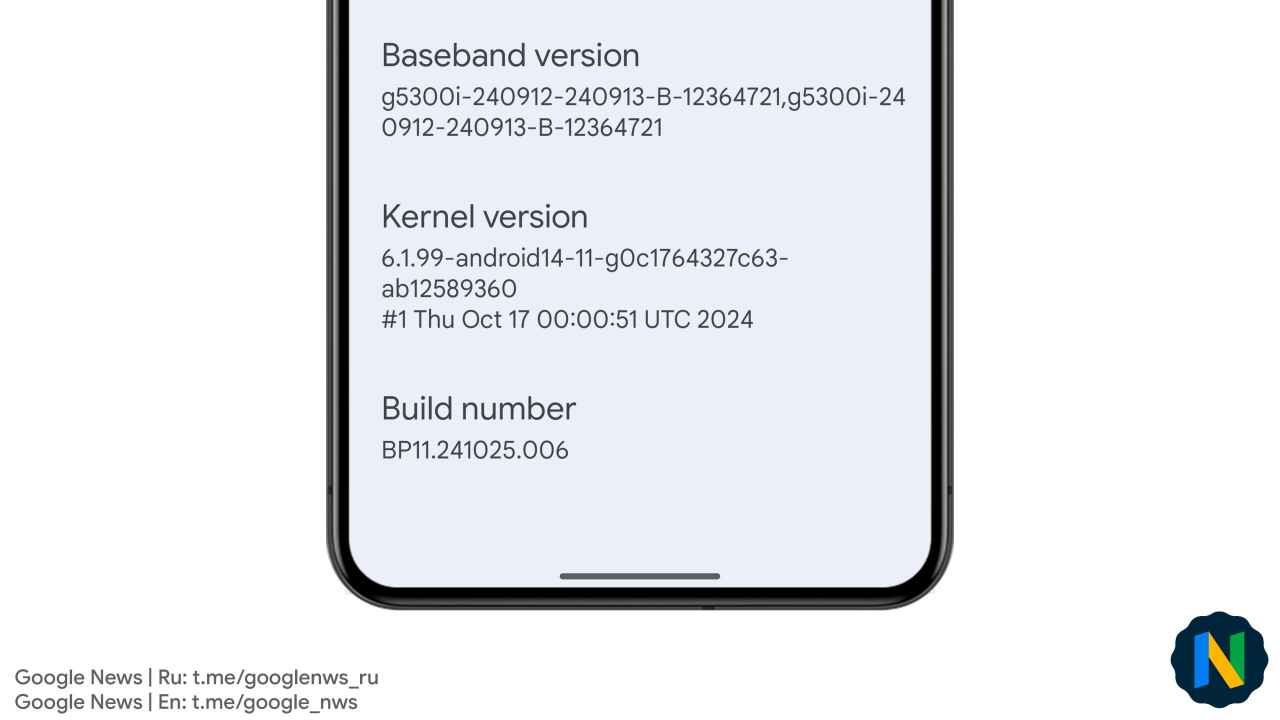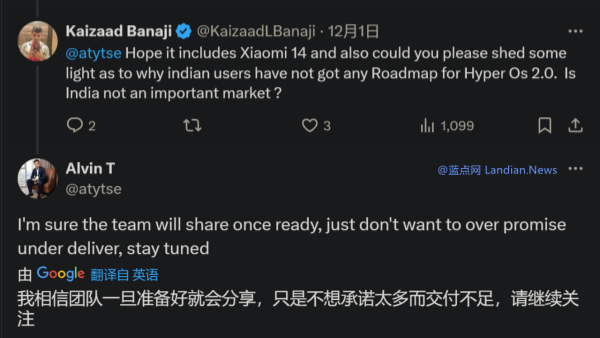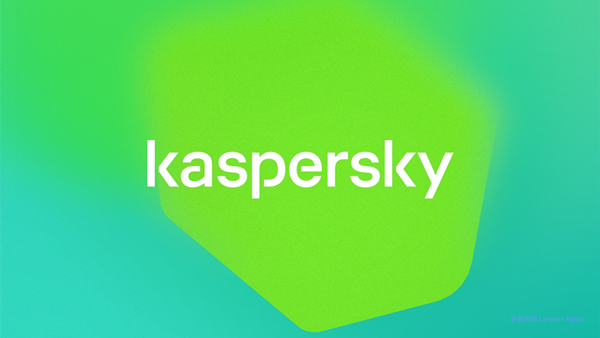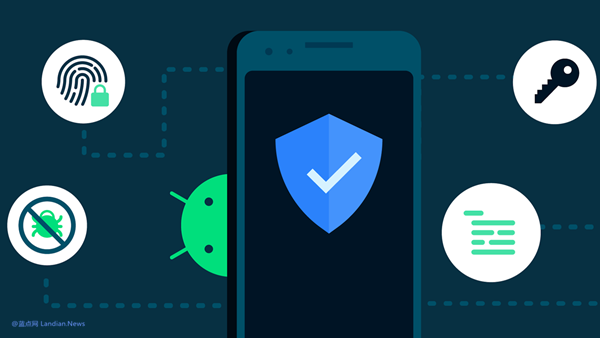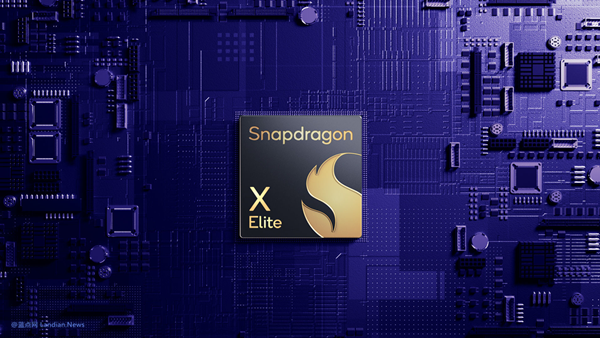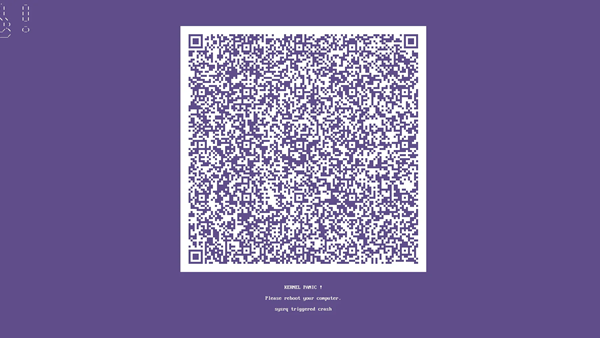Google releases Android 15 QPR2, bringing Linux kernel updates to devices using Tensor
Google has recently launched the Android 15 QPR2 Beta update for select Pixel devices. Although this update does not bring significant functional changes, it marks an important milestone for future maintenance and enhancements.
The highlight of this version is an upgrade to the Linux kernel, moving to version 6.1.99. This step is crucial for Google to facilitate ongoing maintenance and support for its operating system.
Why is a kernel update so significant?
Most Android manufacturers struggle to meet the certification requirements for Android versions, leading to many devices not receiving Android version updates from OEMs post-launch.
To address this, Google has initiated the Longevity GRF plan, aiming to provide up to 7 years of software updates for all devices. Achieving this goal is challenging, but updating the kernel is a fundamental step. Even for Google, offering 7 years of support requires resolving kernel-related issues, as a unified kernel simplifies future maintenance.
Note, however, that this update is currently exclusive to the Google Pixel series, and other OEMs may need to adopt a similar strategy. By aligning with Google's new kernel updates, OEMs can reduce the complexity of future maintenance.
Devices compatible with Linux Kernel 6.1.99 include:
- Google Pixel 6 / 6 Pro / 6a
- Google Pixel 7 / 7 Pro / 7a
- Google Pixel Tablet
- Google Pixel 8 / 8 Pro / 8a
- Google Pixel Fold
Interestingly, the Google Pixel 9 series is not listed as it already utilizes the 6.1.99 kernel, negating the need for an update. In contrast, the Pixel 6 series employs the 5.10 kernel, and the Pixel 8 series uses 5.15, making them prime candidates for this update.
Android 15 QPR2 is currently a Beta release targeted at developers, with the official version expected to launch in spring next year. Users of the Pixel 6 and subsequent models will then be eligible for the upgrade.
